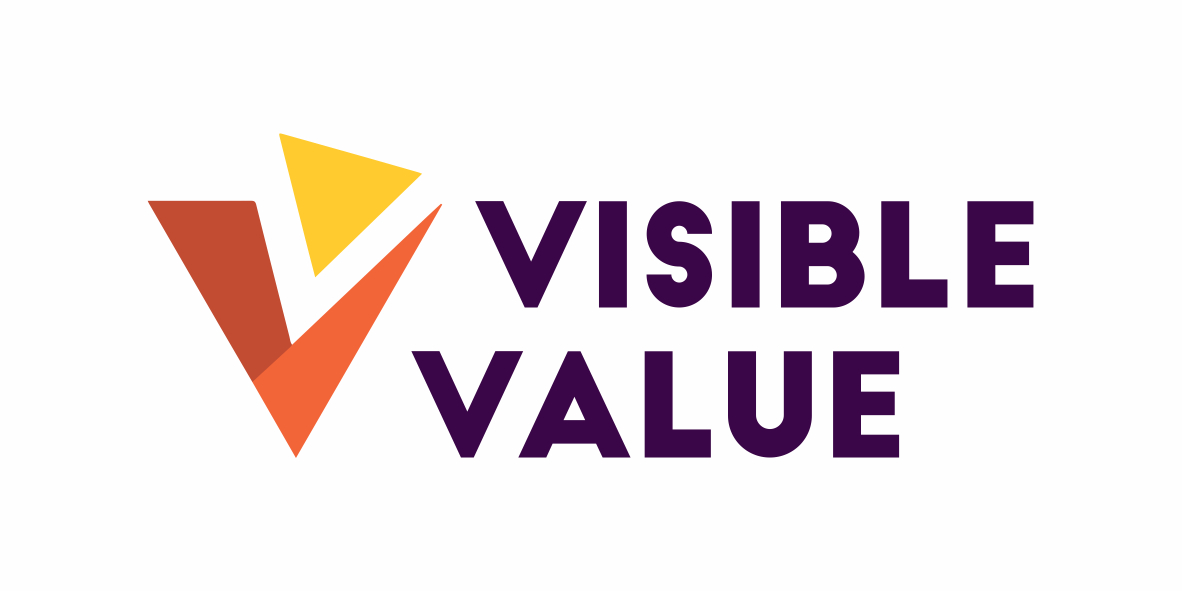Country Snapshots: Recognition of Youth Work
This section of the Visible Value aims to provide a quick overview of the state of the affairs about the recognition of youth work in the countries covered by EU-CoE Youth Partnership. In total it covers 53 country profiles (including 3 profiles for Belgium and 4 profiles for the UK).
The content in this section is based on several sources, including:
- Country reports on youth work collected by EKCYP correspondents: https://pjp-eu.coe.int/en/web/youth-partnership/country-information-youth-work
- EU Youth Wiki - an online platform presenting information on European countries' youth policies: https://national-policies.eacea.ec.europa.eu/youthwiki
- Forthcoming national contributions of the Non-programme countries to EU Youth Wiki
- An additional survey done by the editors of the Visible Value in 2021
The sources of information are indicated at the end of each profile.

Youth work is a social work profession within the educational framework, in which workers aim to counsel young people who need support in reaching adulthood in society. (Metz, 2017, p. 235).
Most important in youth work is its ambition to enable all young people to develop their talents and to offer them tools to participate fully in society. In principle, youth work is a basic provision for all young people. The target group of youth work consists primarily of young persons between the ages of ten and twenty-three, with lower socio-economic backgrounds. The need of young people for support is leading. In addition, there is a specific offer for girls and young people in vulnerable situations (such as young people with a disability or who are showing maladjusted behaviour). This offer aims to prevent the young people growing up in multiple risk situations from being confronted with problems at home, in school or in their leisure time, by giving them more attention and an offer of inviting activities. If a youth worker considers that he or she is not able to help the young person due to the seriousness of their situation, they are authorized to refer the young person to the right authority.
In 2009 an inventory of the use of youth work in the Netherlands took place. Since then the decentralisations in the social domain caused multiple changes. Therefore ten years after new research was conducted to show how Dutch municipalities design their youth work nowadays: ‘Standing by young people. The state of professional youth work in the Netherlands’ (2019) by Verwey-Jonker Institute.
Approximately half of current youth work providers have been addressed through a questionnaire. Youth work nowadays seems to have more objectives than in 2009, aimed at supporting young people in becoming adults. Ten years earlier there was a stronger focus on recreation and leisure. Current youth work is characterised by a mix of ambulatory and individual work and work related to groups and accommodations. There was hardly any individual youth work in 2009, while in 2019 half of the municipalities provide separate girls work. On average more young people are being reached than in 2009, more through social media than through individual attention. In 2009 it was observed that youth work had considerably increased compared to the year 2000. This does not seem to have been the case in the previous ten years, although it was expected that municipalities would organise more preventive and ambulatory youth care after the decentralisations.
The research respondents find that there are opportunities for a future increase in the visibility of the profession. Youth work can become much more meaningful if municipalities invest in:
- A (personal) approach of young people in order to allow for early signalling and care provision;
- Youth work in schools, youth work through social media, girls work and specific individual care. These are emergent methods;
- Further elaboration of the youth participation theme.
A competence profile contains all the skills a youth worker needs to possess, for example for promoting the participation of youth in society, creating a safe environment, working with an intercultural target group and organizing activities. The competence profile is used as a framework in the education of youth workers, as a tool in human resources and as a frame of reference for youth workers. Two relevant competence profiles for Dutch youth workers are:
- Competence Profile Youth Worker (Competentieprofiel Jongerenwerker). It contains a description of the profession, the field of work, the context of youth work, specific methods, levels of youth work, relevant trends in society, policy and among youth, the core business of youth workers and the competences that youth workers need.
- Professional Competence Profile for the Social Worker in Welfare and Social Services (Beroepscompetentieprofiel voor de sociaal werker - Welzijn en maatschappelijke dienstverlening). This is a general competence profile for social workers in welfare and social service, but it applies to youth workers as well.
In the collective labour agreement for welfare and social services (CAO Welzijn en Maatschappelijke Dienstverlening) the job descriptions of social-cultural workers may apply to youth workers.
(From the Youth Wiki)

